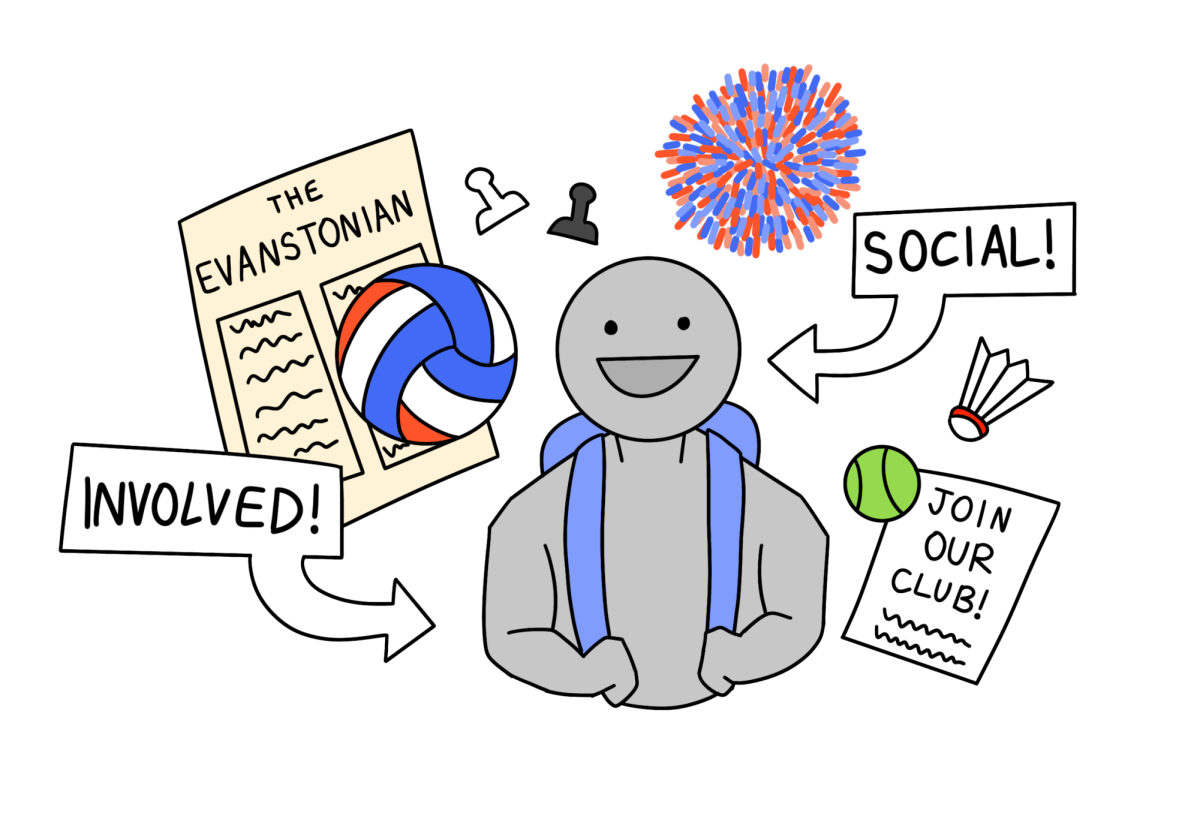Picture this: you walk into a coffee shop to grab a $4 pastry. As you put in the order, the cashier flips their iPad, seemingly uninterestedly. Three large, bold buttons reveal themselves on the screen: 15 percent, 20 percent and a 25 percent tip. Clicking “no tip” should be one of the easiest decisions you’ll make today, but as you hover your finger over the alluring button, the cashier begins to stare you down and the mental chess match begins. As you contemplate tipping an extra dollar, the cashier’s fierce stare intensifies. You finally shake off any inhibition you might’ve had and click “no tip”, giving a quick thank you to the cashier before heading out. As you grab your pastry, the cashier’s eyes seem to bore into your soul, and you can’t tell if that’s a dirty look that they’re giving you or just their resting face. No matter who you are and where you shop, there is no doubt that everyone has experienced a moment like this.
Tipping culture has become out of control. Everybody wants a tip for something as small as serving you a coffee or holding the door. In today’s day and age, many people who work in food service or person-to-person work environments have a mindset that they “deserve a tip” for doing their job. This is outrageous, but not unprecedented.
COVID-19’s effect on inflation was significant, to say the least. According to the International Monetary Fund, inflation skyrocketed from 1.3 percent to over 8 percent, reaching 9.1 percent in June 2022. This caused businesses to increase prices. Since late 2022, the inflation rate has decreased to under 3 percent, but prices for simple amenities and various household groceries like milk, eggs and even bags of chips have and continue to increase. The increase in cost can be by 30 to 50 percent (based on where you shop) making common household grocery products a luxury for many families, especially ones with children. This issue is even more prevalent in the food service industry. In Evanston (and throughout America), small businesses charge insanely high prices for items that cost them a minuscule percentage of the price they’re selling them for. This is where tipping becomes an issue. The money people spend on tips slowly adds up, especially if you buy a pastry or coffee every day and tip. According to NerdWallet, the average tip percentage when buying coffee is between 15 and 20 percent, and the average price of a small latte can be around $5. With a tip, people pay almost $7 for a small cup of coffee, a service that I believe should not be tip-worthy.
I work at a bakery as a cashier. My job requires me to ring customers up, answer questions and serve their orders. When a customer pays, I flip the iPad around and ask if they want to tip or receive a receipt. I do a good job at work, but what I do doesn’t deserve a tip. Even worse, the number of distasteful looks I get from the customers when the tip screen is presented is enormous, especially from those who are noticeably older. It is an eminently awkward situation for the customer. It makes them feel as if I am asserting myself upon them and that I deserve a tip, even though what I do is not justifiable for a tip.
Another large issue is tipping incentivizes workers to go above and beyond. Some may say incentivizing money for hard work and good service is a good thing, but it is undoubtedly one of the largest issues the younger generations of Americans face. America is one of the only countries where it is a common practice to tip. In European restaurants and cafes, people rarely tip, and the employees do not expect to be tipped, yet they still go above and beyond to make the customers’ experience adequate. In contrast, employees at cafes or small dine-out restaurants in America often expect a tip for a service they are already being paid an hourly wage to do. Some may say, “What about tipping in sit-down restaurants!?” To that, I’d say tipping is appropriate, especially considering many sit-down restaurants’ employees’ salaries are rooted in tips. Although tipping in sit-down restaurants is called for, in many scenarios such as my own, employees working at cafes, coffee shops and other similar establishments do not perform enough of a service to have earned a tip.
I do not doubt that tipping culture has grown uncontrollably and needs to be bridled. Tipping has a paradoxical effect, as it extorts workers to perform at a higher standard for extra monetary compensation. This makes employees feel deluded when not tipped but also creates competition in the workplace to receive a tip. There ought to be a cultural shift where not tipping is praised, rather than frowned upon. In an American amenities price crisis, tipping exacerbates the issues at hand and must be addressed.




